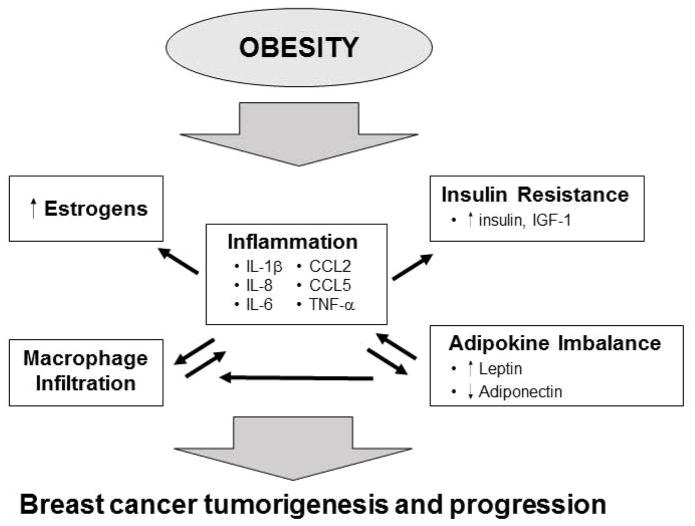Figure 1. Obesity promotes breast cancer.
Obesity leads to macrophage infiltration and inflammation in white adipose tissue in the breast. This is associated with the upregulation of several pro-inflammatory and pro-tumorigenic cytokines. Inflammatory cytokines can promote the upregulation of aromatase and increased production of estrogens in stromal cells of the breast. Obesity-associated inflammation is also involved in the development of insulin resistance and increased IGF-1, which is a mitogen for breast epithelial cells. Obesity also leads to an increase in leptin and a decrease in adiponectin. Leptin expression is induced by inflammatory cytokines and can induce expression of inflammatory cytokines leading to increased inflammation. Leptin can promote breast cancer through increased proliferation, survival and angiogenesis. All of these factors likely contribute to a pro-tumorigenic microenvironment that promotes breast cancer.

